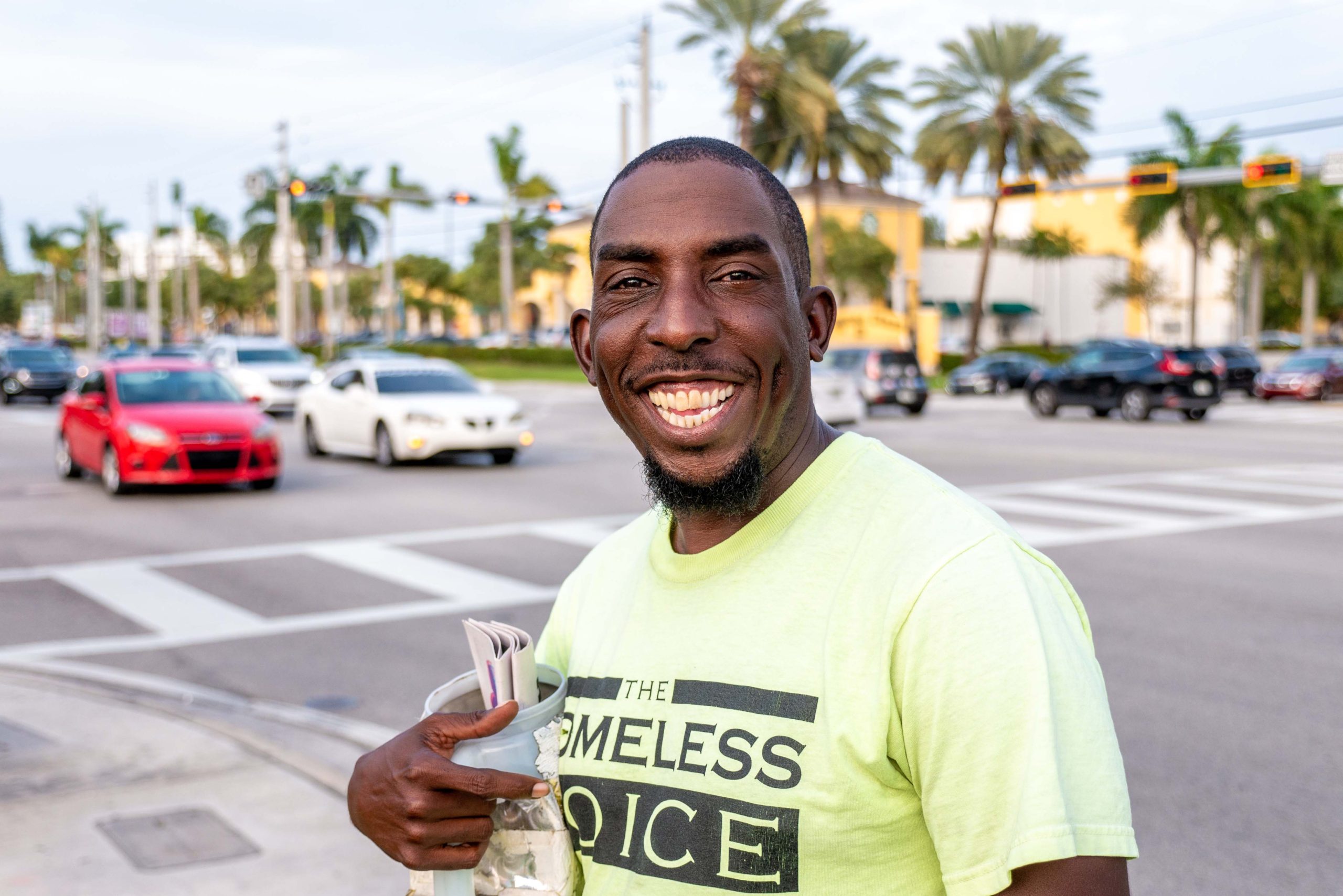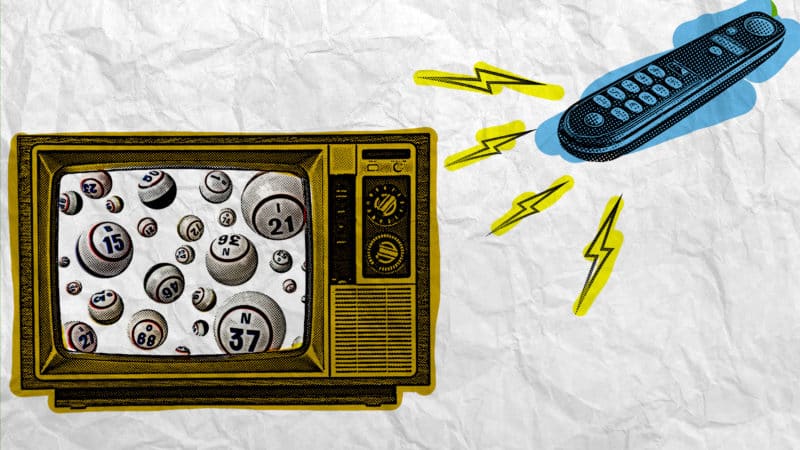A journey through hardship and keeping the faith.
By Olivia Love
Michael White walked down Skid Row in his Sunday suits for years, learning to free himself from his past and look toward new beginnings.
White’s recent book, “Too Late for Smiling,” tells the story of his life, from being a child in foster care, to living on Skid Row, to a man living in Florida with a mission to write.
He was born in Texas, but surrendered to foster care in California — remembering the system being broken from day one.
“The system is so understaffed, the system is overrun,” he said
As a child, White constantly bounced between foster homes. In his eyes, his foster parents took on the task just for the money.
White always had a relationship with God, and he had a demeanor that made people want to hear him. With that faith and skill he entered the ministry at age 14, became a licensed pastor at 16, and soon after became the senior pastor of Calvary Baptist Church. He was a natural leader since he was a child, which lends itself well to being a preacher at such a young age.
He dealt with the disapproval from older members in the church though, those who wondered about the credibility of a young man in the pulpit. Eventually, the hateful stares and underhanded comments became too much to bear.
“After a while, I started hating the church,” White said. “It wasn’t because I lost my faith in God; I lost my faith in people.”
White was diagnosed with dyslexia at a young age, which made school difficult, but his tenacious attitude and natural quality as a leader got him through, even excelling in JROTC.
Throughout his book, White describes himself as “the big man on campus,” which seems to be a position where he naturally ended up time and time again.
“People came to me for leadership,” he said.
The first time White truly saw homelessness was when he stood in front of Skid Row in his early 20’s.
“I wasn’t afraid per say, the only thing that could come to my mind was ‘I’m going to die out here,’” he said. White spent two and a half years living on Skid Row. “It’s the worst place you can imagine to be homeless, everyone is fighting for food, clothing, something,” he said.
White came to Skid Row with the clothes on his back, which happened to be his Sunday best from when he was a preacher.
“I looked like a minister walking down skid row and I was homeless, I had people turn me away because they didn’t think I was homeless,” he said.
While he never lost his relationship with God, White and others certainly did not want to be preached to on the streets.
“You just feel like you’re being cursed or something,” he said.
He said he constantly had to watch his back and watch others suffer. Feces and needles were spread across the ground, and overdose was so common that White and others knew that sirens from the nearby firehouse meant someone had died.
“Police would not come down Skid Row. They do now, but back then they did not want to come down or go down Skid Row,” White said.
In the end, his personal volition is what helped him survive.
“My faith got me through part of it, the other part was a determination to beat the odds,” he said.
Remembering his time on Skid Row led to a resounding sentence in White’s book: “No one ever considers themselves one step away from being homeless until it happens.”
After leaving Skid Row, White spent years traveling the world, in and out of homelessness. He would not have had the travel opportunities he did, had he not been homeless, he said. Those travels included Jamaica, South Africa, China, Brazil and more.
“I had an adventure. It was more a necessity, but it became an adventure,” he said.
As he was exploring titles for the book about his life, White found that each time he tried to evaluate a name, he considered the feelings that bubbled up to be “too late.”
“I realized that it was too late to laugh, too late to smile, because by that time you’ve been through all of the emotion,” he said. White emphasized that this idea works both ways: not allowing oneself to become tethered to the past which can no longer change.
His journey of self discovery and realization has not been a clear cut path, but White has found writing to be an important outlet and tool to understand his emotions and experiences. He’s written 13 books so far — including “No Time to Choose,” which tells about his time on the streets — and has a goal of writing 50. The writing process is cathartic for him, he explained.
“Couple years ago, I could never write ‘Too Late for Smiling’… it took me a year to write it because certain things were so emotionally binding that when I would get to them I would just break down and lose it,” White said.
Ultimately, learning to accept his past and being able to write about it went hand in hand, and now writing is a way White can process trauma and his past.
“It brought out emotions and feelings and thoughts that I didn’t know I had, I didn’t know I could express,” he said.



